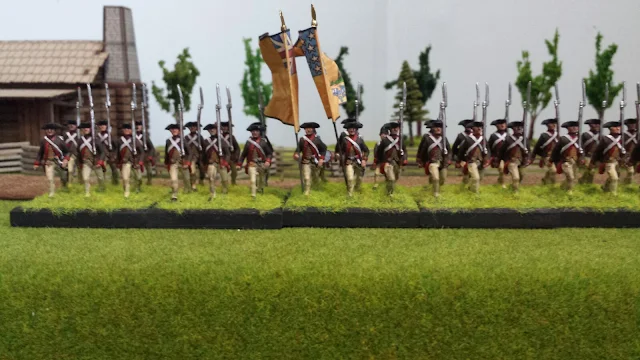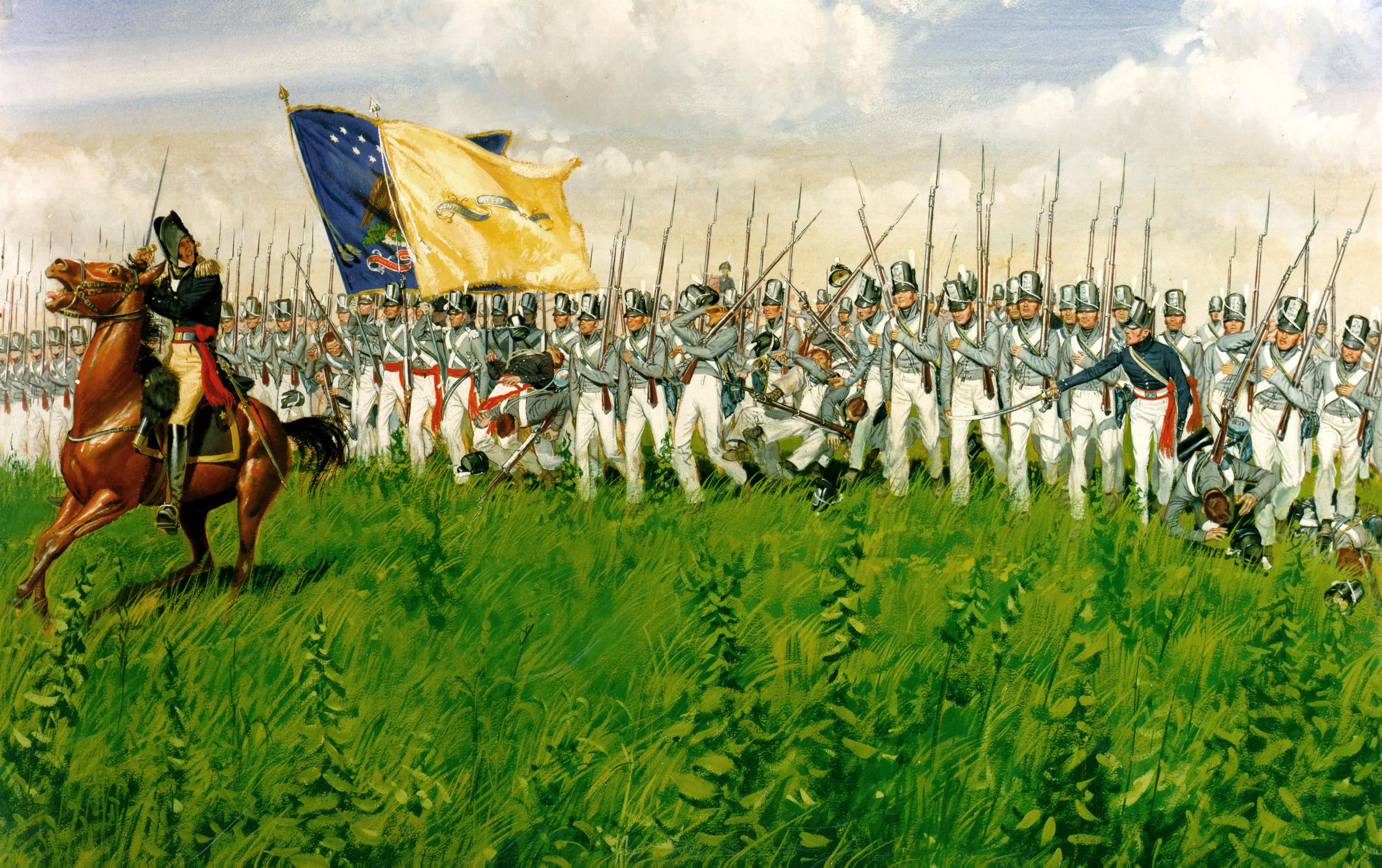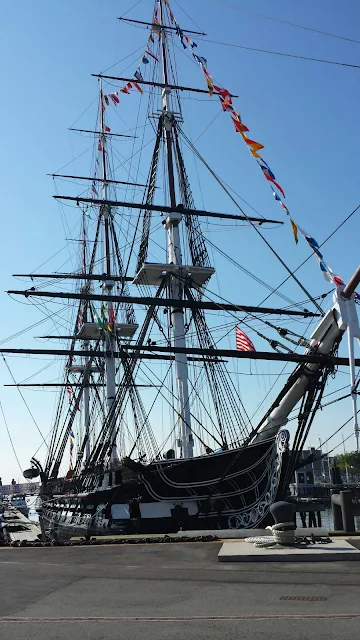I had agreed to put on a War of 1812 game for our club game night on July 20. Which battle to do? July was the anniversary of the Battle of Chippawa which would be a obvious choice. But I had already done Chippawa which was great fun. Rather then repeat it I chose to create a fictional action in the same ground with the troops available to both commanders. It would follow the historical battle, but additional reinforcements would be available to join the battle. This would make the table top battle a little different and also add an additional command for another player for the night. The more the merrier.
Set up for the battle included the following troops. The British/Canadian Militia, Light Infantry and Native Americans sets up in the woods on the north side of the table. The British regulars, artillery and light Dragoons enter on the road on the north side of the table. Commander must write order of march and formation. British/Canadian victory conditions are for the Light Brigade to hold the woods and cause trouble. The 1st Brigade needs to drive the American regulars off the table.
The American Third Brigade sets up in the woods on the south side of the table. The First Brigade enters on the road on the south side of the tabke. Again write out the order of march. The Divisional troops enter with the First Brigade except one battery and the company of the Twenty First who set up on Street's Creek by the Ussher farm house. American victory conditions are for the Third Brigade to clear the woods and the First Brigade to drive off the British regulars.
Rule additions for the game. Fences provide soft cover for all Troops behind them. To get road movement troops must be in march column formation and start and end move on road. Troops in woods maintain formation and move at reduced rates (2" for every 1" ). Formed troops (volunteers) do not get soft cover advantageous; troops in skirmish formation (Light Infantry and Indians) do. Indians move at full rate in woods, change direction at no cost and get soft cover advantage in woods. American militia or volunteers check morale first time they encounter Indians, and each turn after they suffer a casualty caused by them. Indians that get a shaken morale result must retreat one full move; can return after it iscremoved. If Indians get a routed result remove from game. At start of game Indians may operate at full 12 figure strength or break down into two 6 figure groups for entire game. Melee lasts one turn. If no winner attacker retreats as shaken.
Reinforcements are available. Both sides roll a 10 sided die At end of the second turn. Number rolled is how many turns after second turn they enter. This if you roll a five they enter turn seven. British regulars enter in main road. Americans roll a second die. On evan number they enter woods, odd number enter road.
British Division: Gen. P. Riall
1st Brigade: Gen. Riall
1st Regiment of Foot
8th Regiment of Foot
100th Regiment of Foot
2nd (Light) Brigade: Lt.Col. Pearson
Light Infantry companies
Militia Flank companies
Native Indians
Division Troops: Gen. P. Riall
19th Light Dragoons
Royal Artillery
Reinforcement: Lt. Col. Morrison
89th regiment of foot
49th regiment of foot
American Army:
1st Brigade: Gen.W Scott
9/22nd Regiment
11th Regiment
25th Regiment
Towsend's battery
3rd Brigade: Gen Porter
Pennsylvania Volunteers
Canadian volunteers
Six Nations Indians
Division Troops:
Rope' s company 21st Regiment
US Dragoons
Biddle's battery
Reinforcement:
21st US infantry
23rd US infantry

















































